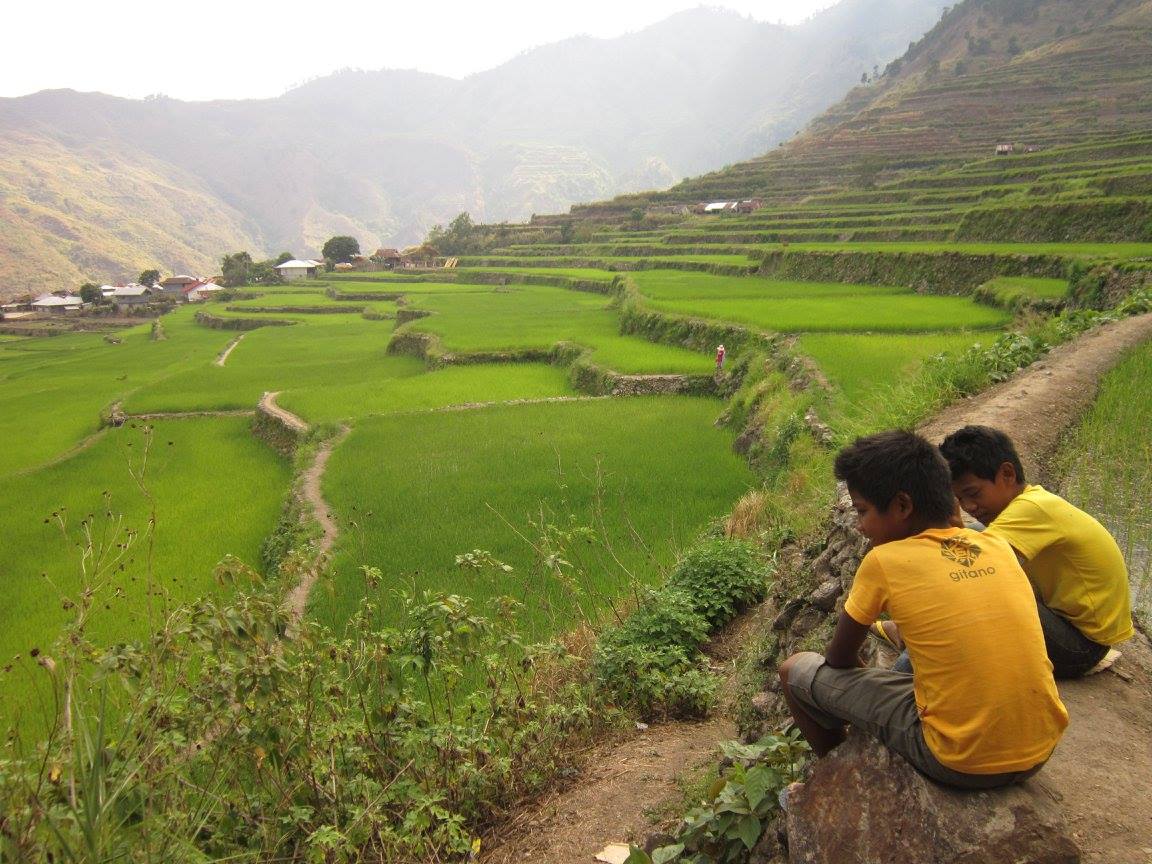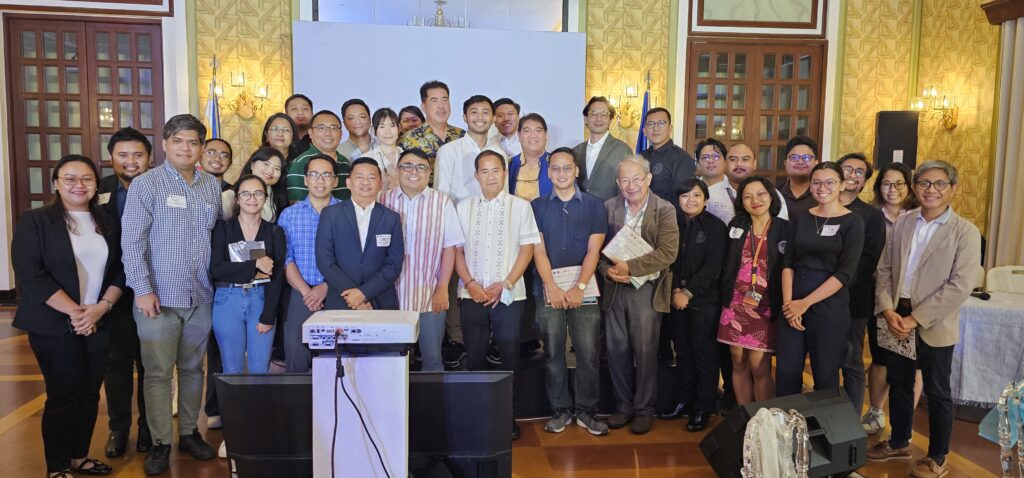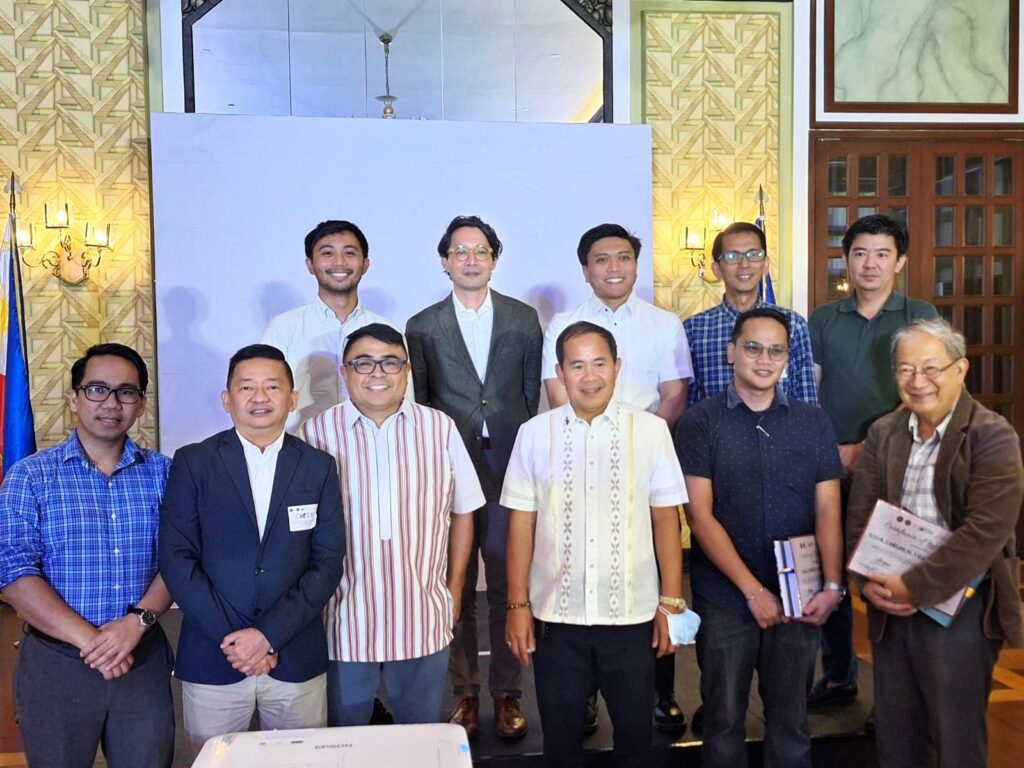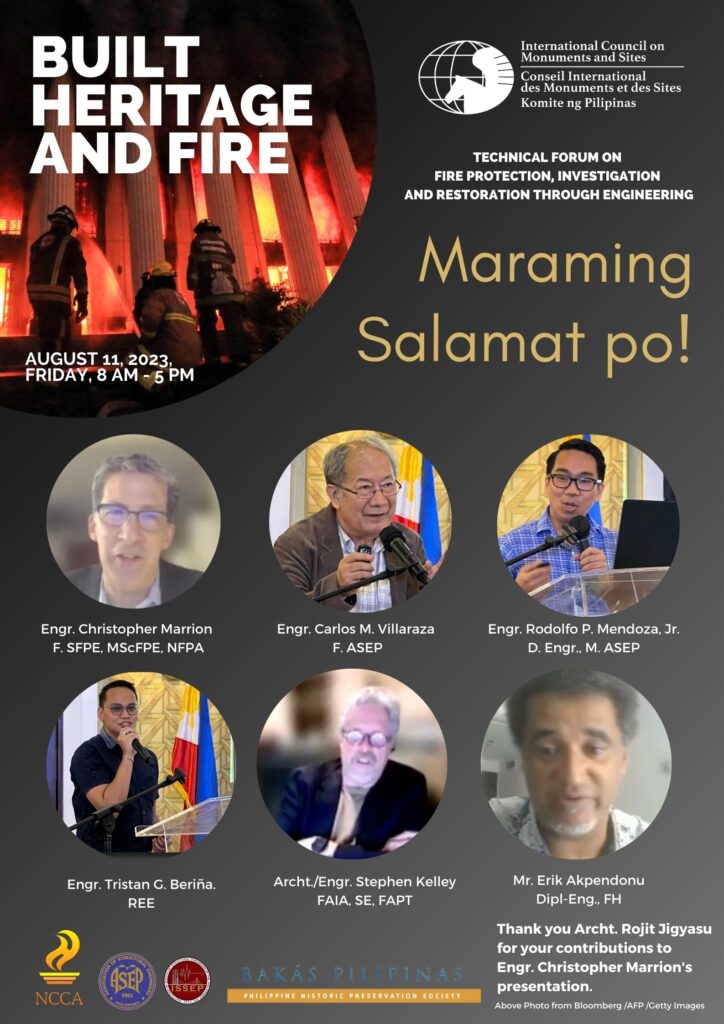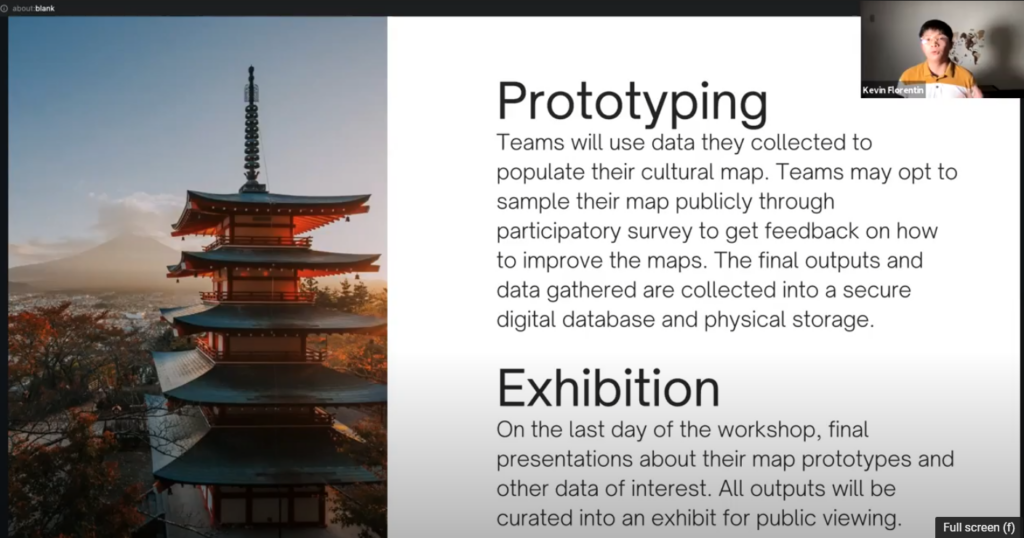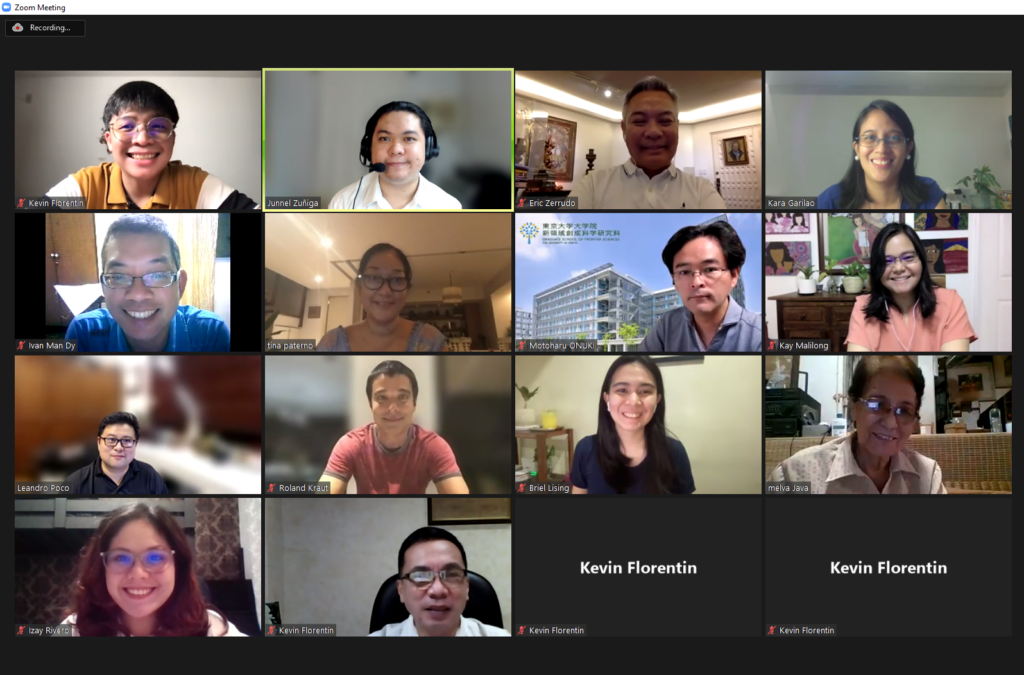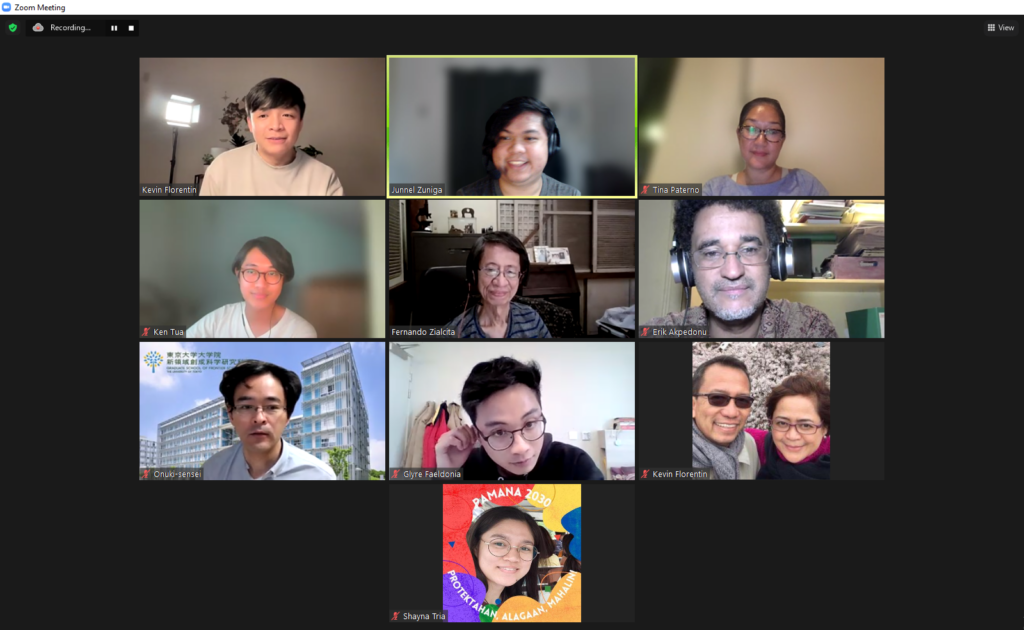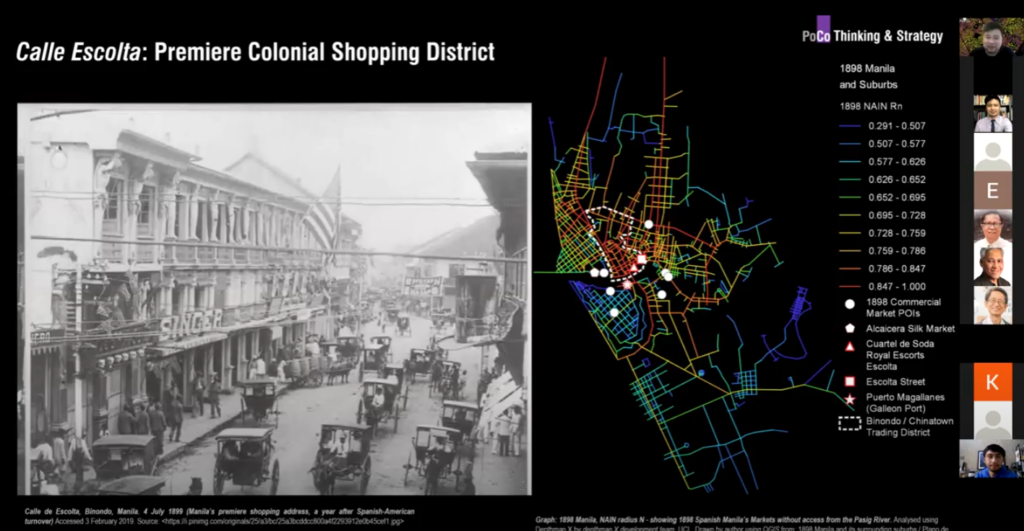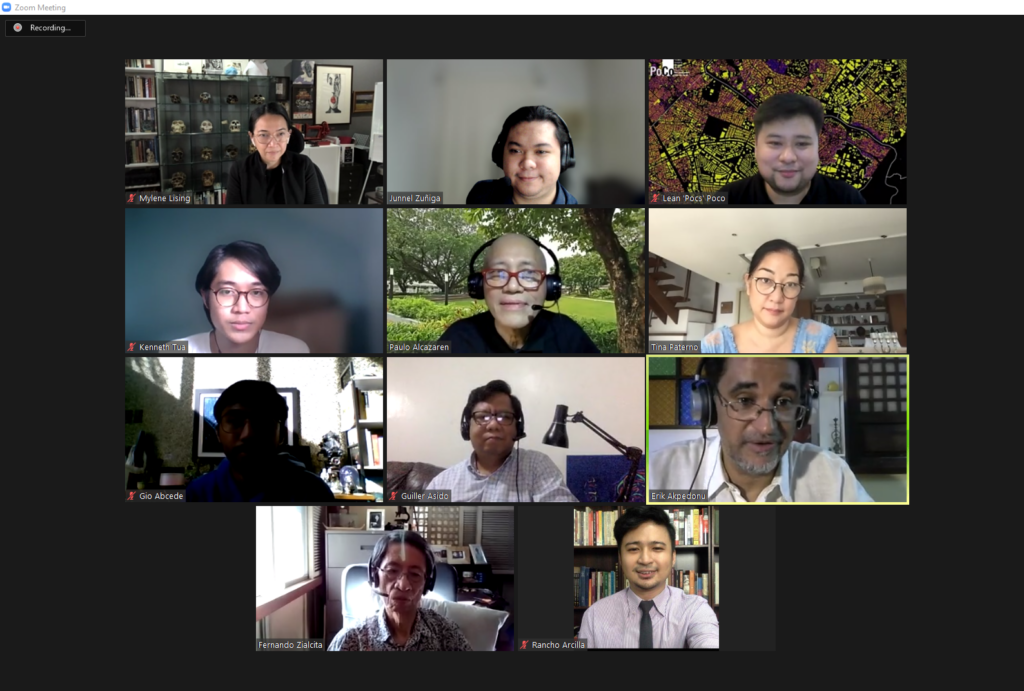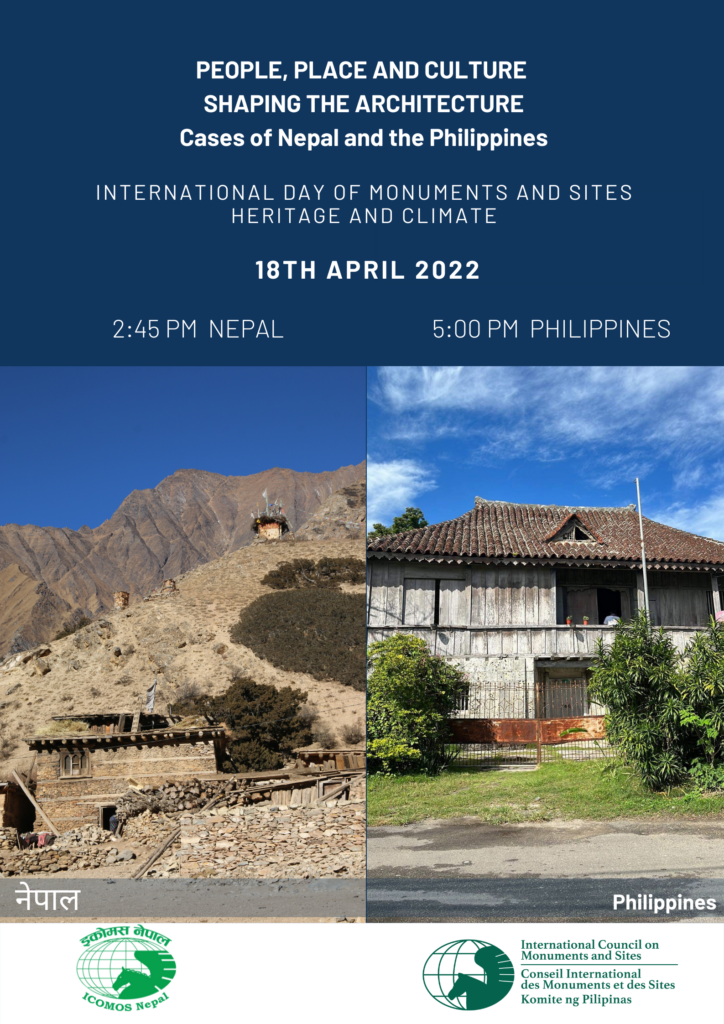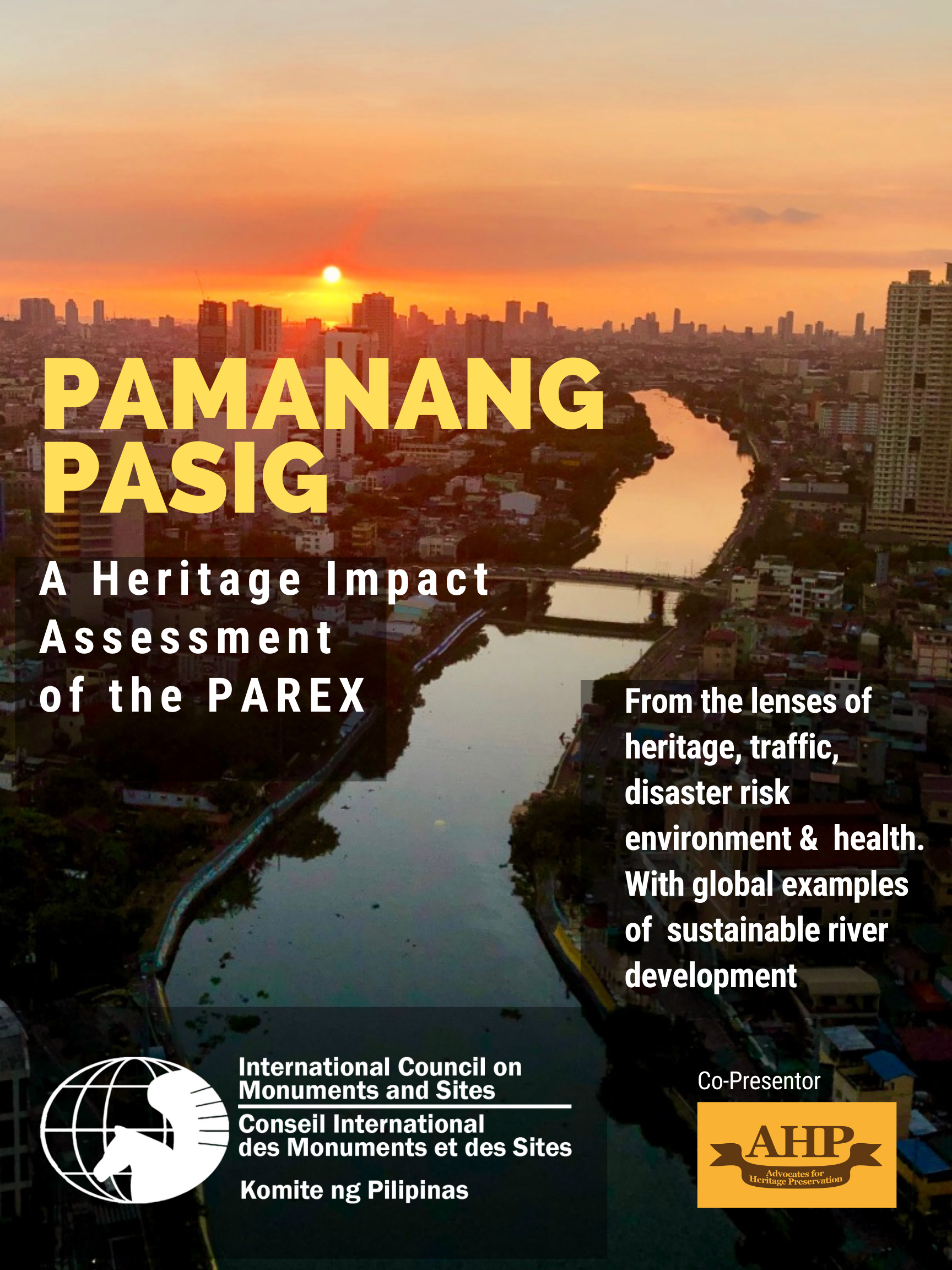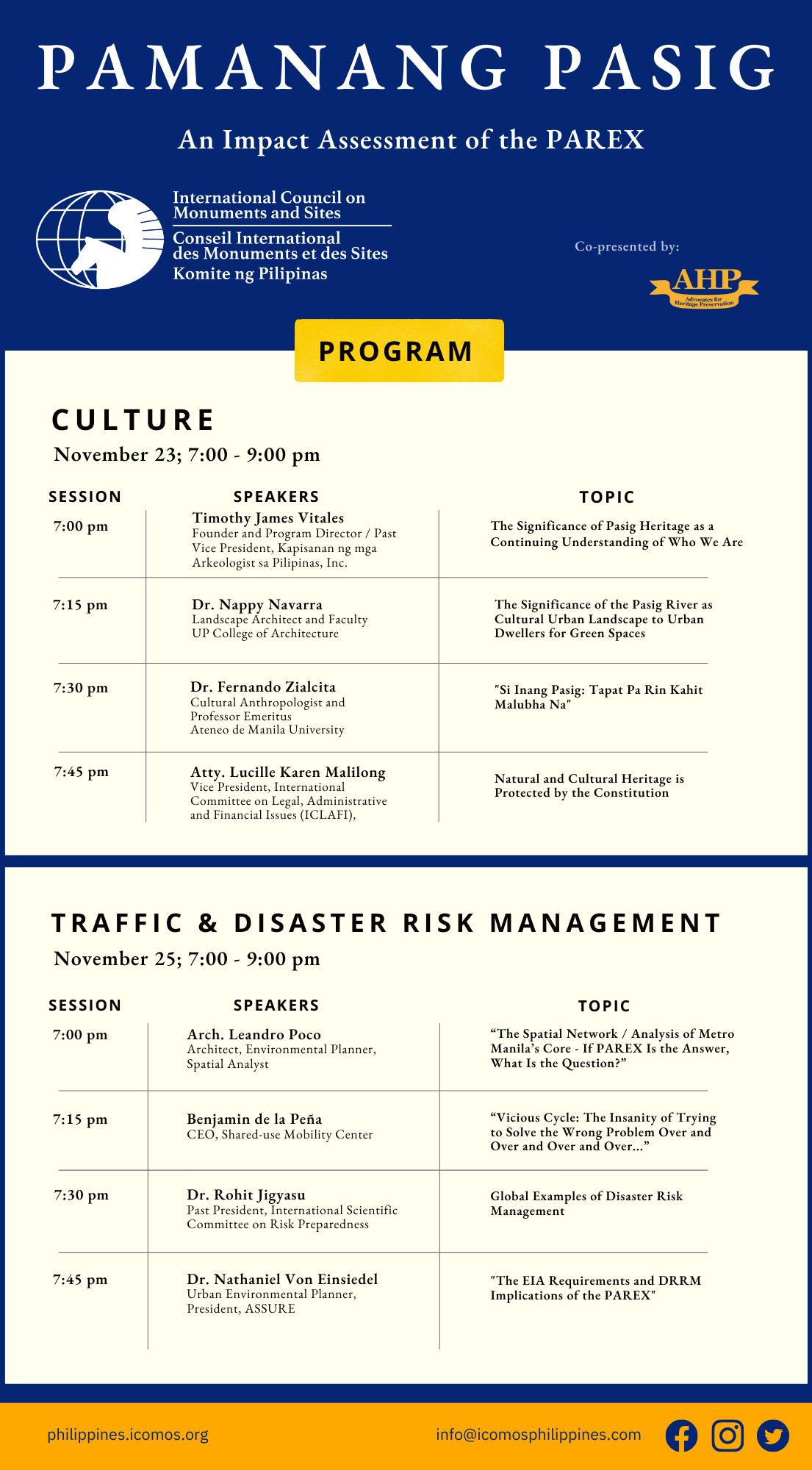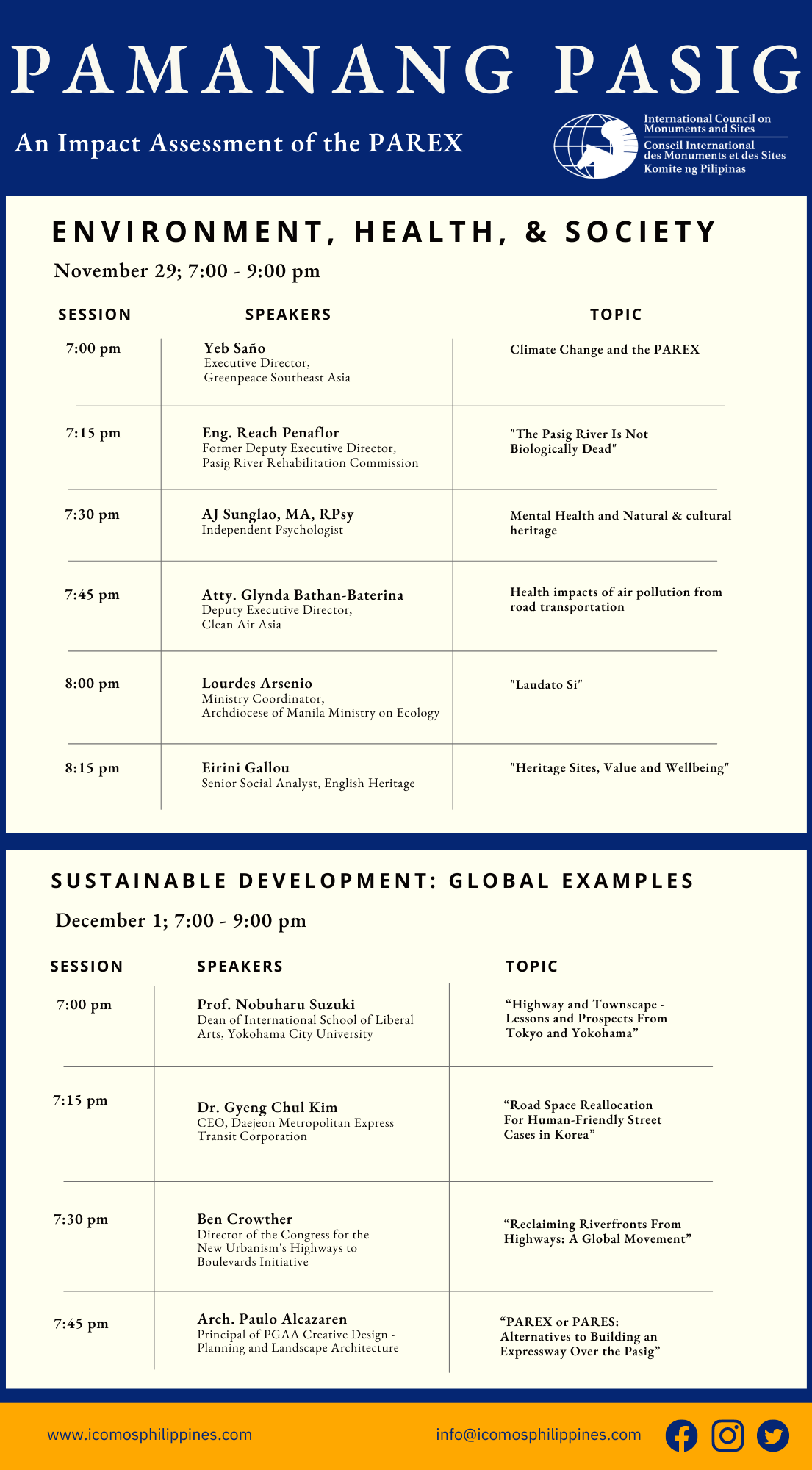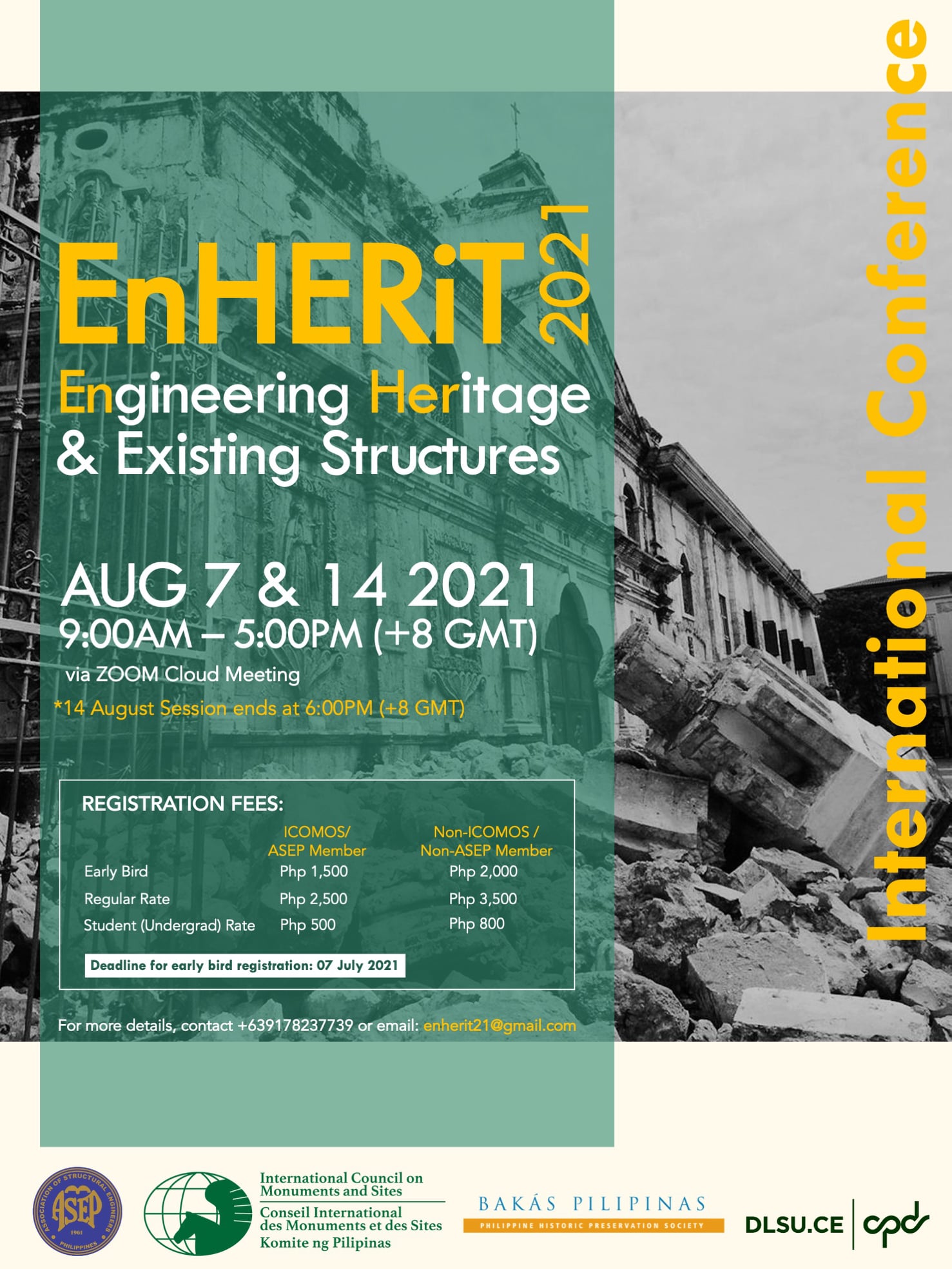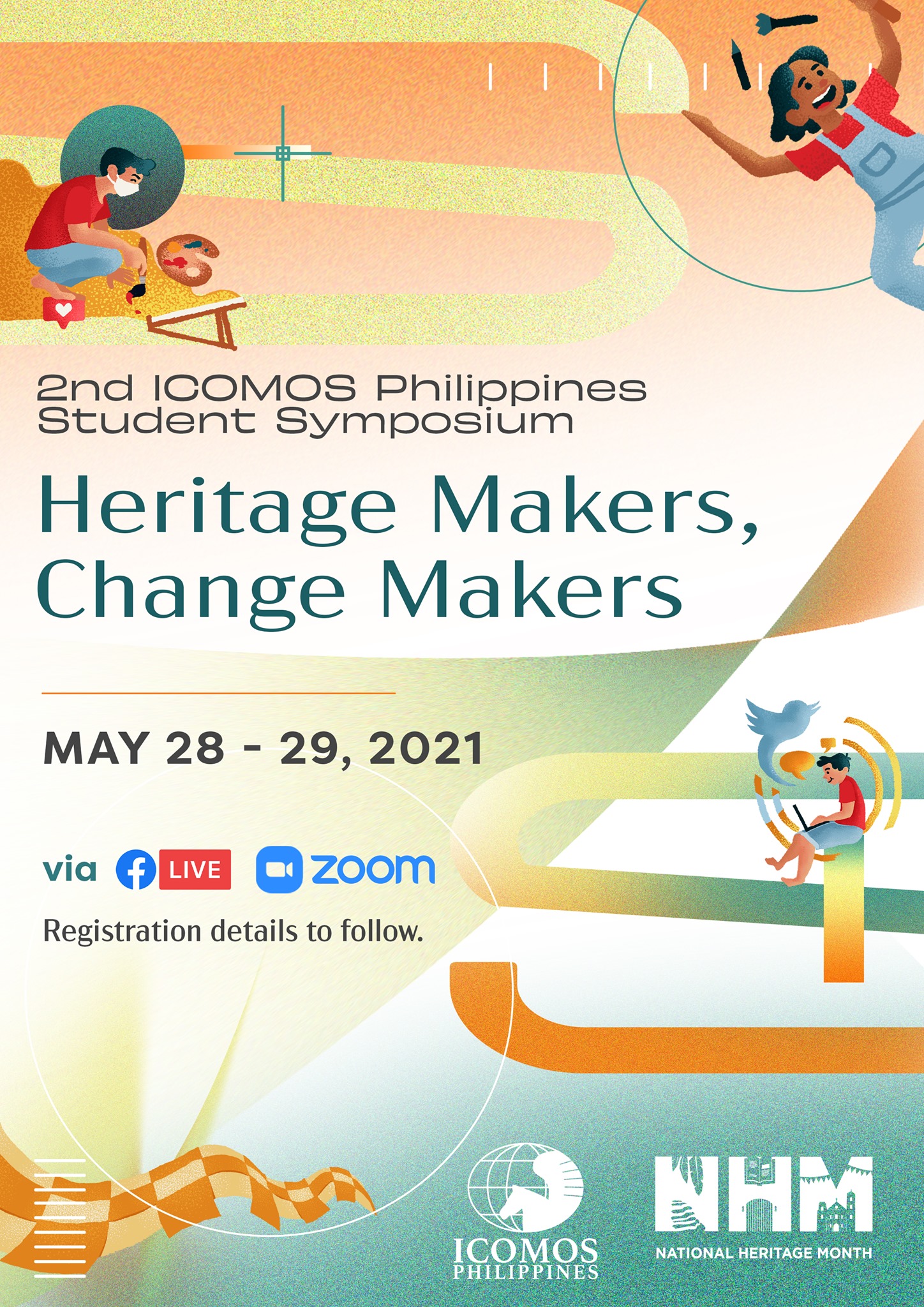UN Climate Change conferences (or COPs) take place every year, and are the world’s only multilateral decision-making forum on climate change with almost complete membership of every country in the world. Officially, COP 28 stands for the 28th meeting of the Conference of the Parties (COP) to the UNFCCC.
The Republic of the Philippines is a member state and is attending the COP 28; the Philippines will present in a side event under the topic Culture Heritage, Art and Creative Industries, “Ancestral Wisdom Driving Low Carbon Climate Resilient Futures: Asia-Pacific and Global Lessons” on Saturday, December 9, 2023, 16:45 to 18:15. This side event is supported by the Climate Heritage Network, American Anthropological Association, ICOMOS, Petra National Trust, Julie’s Bicycle, Union of Concerned Scientists, and SEACHA. The speakers include Marlon Martin of ICOMOS Philippines, COO of Save the Ifugao Terraces Movement, Inc. and Preserving Legacies.
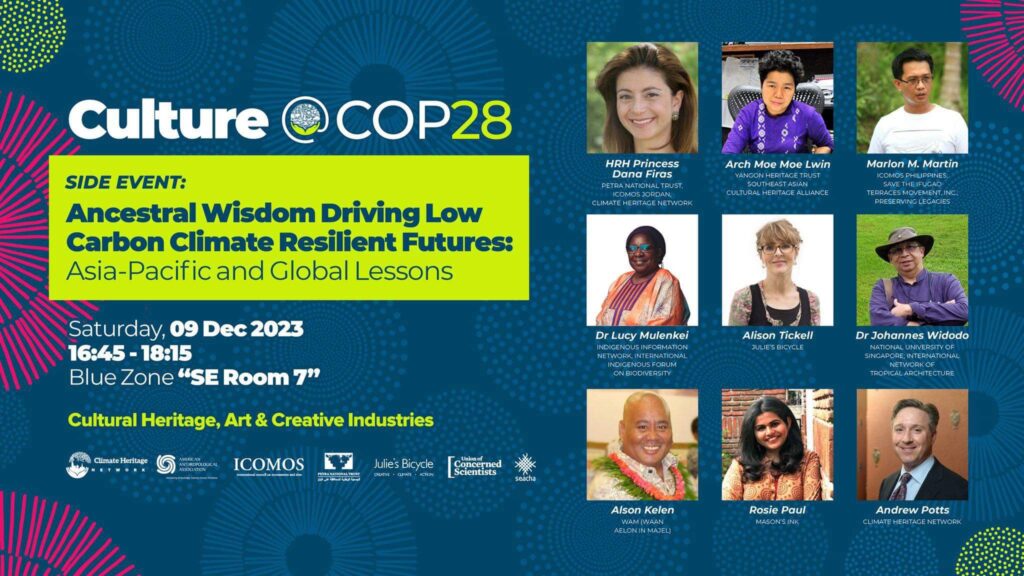
One of the supporters of the side event, the Climate Heritage Network is committed to tackling climate change and achieving the ambitions of the Paris Agreement. The Climate Heritage Network acknowledges that “culture is at the heart of climate action” and that “cultural heritage, including traditional knowledge, strengthens resilience, helps communities to adapt to climate impacts, protects places, and offers green, circular and regenerative solutions. The arts speak to hearts and minds, inspiring action and helping us to understand climate change through storytelling and shared experiences. The creative industries – design, music, fashion and film – shape our lifestyles, tastes and consumption patterns.”
Artists and cultural voices from across the world are uniting to call for climate negotiators at COP UN Climate Conference to put cultural heritage, arts and creative industries at the heart of climate action.
Approximately 70,000 delegates are attending COP28, including the member states (or Parties) of the UN Framework Convention on Climate Change (UNFCCC). Business leaders, young people, climate scientists, Indigenous Peoples, journalists, and various other experts and stakeholders are also among the participants.
The major focus of the conference includes the conclusion of the first-ever global stocktake at the end of this year which takes place every five years. The global stocktake is a process for countries and stakeholders to see where they’re collectively making progress towards meeting the goals of the Paris Climate Change Agreement – and where they’re not. It’s like taking inventory. It means looking at everything related to where the world stands on climate action and support, identifying the gaps, and working together to agree on solutions pathways (to 2030 and beyond).
The overarching goal of the Paris Agreement is to hold “the increase in the global average temperature to well below 2°C above pre-industrial levels” and pursue efforts “to limit the temperature increase to 1.5°C above pre-industrial levels.”
The science from the UN’s Intergovernmental Panel on Climate Change (IPCC) indicates that greenhouse gas emissions must peak before 2025 at the latest and decline 43% by 2030 to limit global warming to 1.5°C. Crossing the 1.5°C threshold risks unleashing far more severe climate change impacts, the IPCC warns.
The globe is not on track to limit global warming to 1.5 degrees Celsius. The window for meaningful change is closing, and the time to act is now. Governments will take a decision on the global stocktake at COP28, which can be leveraged to accelerate ambition in their next round of climate action plans due in 2025. By evaluating where the world stands when it comes to meeting the goals of the Paris Agreement and using its inputs, the stocktake can help policymakers and stakeholders strengthen their climate policies and commitments in their next round of NDCs, paving the way for accelerated action.
In this sense, it’s not the stocktake itself that is the gamechanger – it’s the global response, the response by countries as Parties to the Paris Agreement, that will make the difference in the form of higher ambition and accelerated action.
More information about COP 28 ➡️https://unfccc.int/cop28#news-and-media
To support Climate Heritage Network’s campaign, 𝗔𝗱𝗱 𝗬𝗼𝘂𝗿 𝗩𝗼𝗶𝗰𝗲 𝗳𝗼𝗿 𝘁𝗵𝗲 “𝗖𝘂𝗹𝘁𝘂𝗿𝗲 𝗮𝘁 𝘁𝗵𝗲 𝗛𝗲𝗮𝗿𝘁 𝗼𝗳 𝗖𝗹𝗶𝗺𝗮𝘁𝗲 𝗔𝗰𝘁𝗶𝗼𝗻” ➡️ https://bitly.ws/349ah
